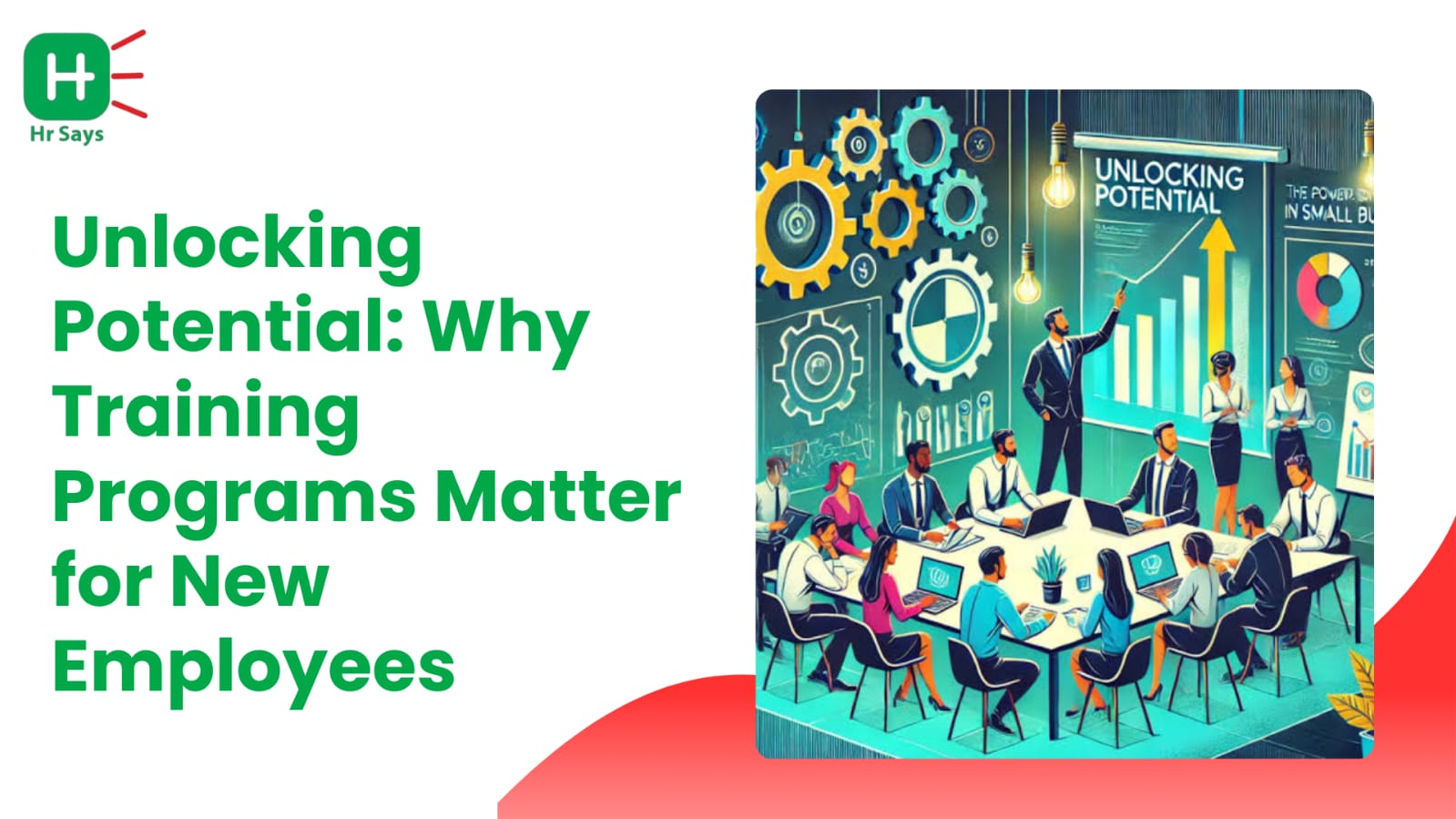What occurs when new talents venture into an organization full of dreams with not much focus? Potential might be left unrecognized in the absence of direction. Training programs deny this gap They train employees to face actual challenges and gain confidence and lay a solid ground to long-term prosperity.
Setting the Stage for Growth
Initial days in a new job environment are normally hectic. Additional roles, new tools, and new expectations may make someone uncertain. Training programs soften this transition A systematic approach is used to socialize employees into processes, culture and values. A good introduction results in a more eye-catching engagement and understanding.
Building Skills and Knowledge
Every organization has its way of functioning. Employees must learn not just what to do but how to do it effectively. Training programs provide:
● Clear guidance on role-specific responsibilities
● Technical knowledge to perform tasks efficiently
● Exposure to best practices followed in the industry
This learning approach ensures that employees avoid costly mistakes and build competence faster.
Strengthening Confidence and Morale
Confidence plays a crucial role in workplace performance. When employees receive proper training, they feel supported. Their uncertainties are reduced, and they are more willing to take initiative. This not only benefits the individual but also adds to team productivity. A confident employee is often more engaged and motivated.
Creating Alignment with Organizational Goals
An organization thrives when everyone moves in the same direction. Training helps employees
understand company objectives and their role in achieving them. They learn how their work
contributes to the bigger picture. Such alignment reduces confusion and improves coordination
across teams.
Why Alignment Matters
● Prevents duplication of efforts
● Builds a shared sense of purpose
● Encourages accountability at every level
Preparing for Change and Adaptability
Markets evolve, technologies shift, and expectations change. Employees must be ready to adapt. Training programs equip them with problem-solving abilities and flexibility. With continuous learning, they stay relevant and prepared for future challenges.
Conclusion
Training is not just about teaching rules. It is about shaping employees to handle responsibilities with confidence, align with organizational values, and grow alongside the company. Without it, potential may remain untapped, and performance gaps may widen.

 Training programs ease the transition for new employees, build essential skills, and foster alignment with organizational goals. They enhance confidence, improve adaptability, and prepare individuals to contribute effectively while supporting long-term growth.
Training programs ease the transition for new employees, build essential skills, and foster alignment with organizational goals. They enhance confidence, improve adaptability, and prepare individuals to contribute effectively while supporting long-term growth.








.jpeg)
.jpeg)

.jpeg)





.jpeg)



.jpeg)

.jpeg)



